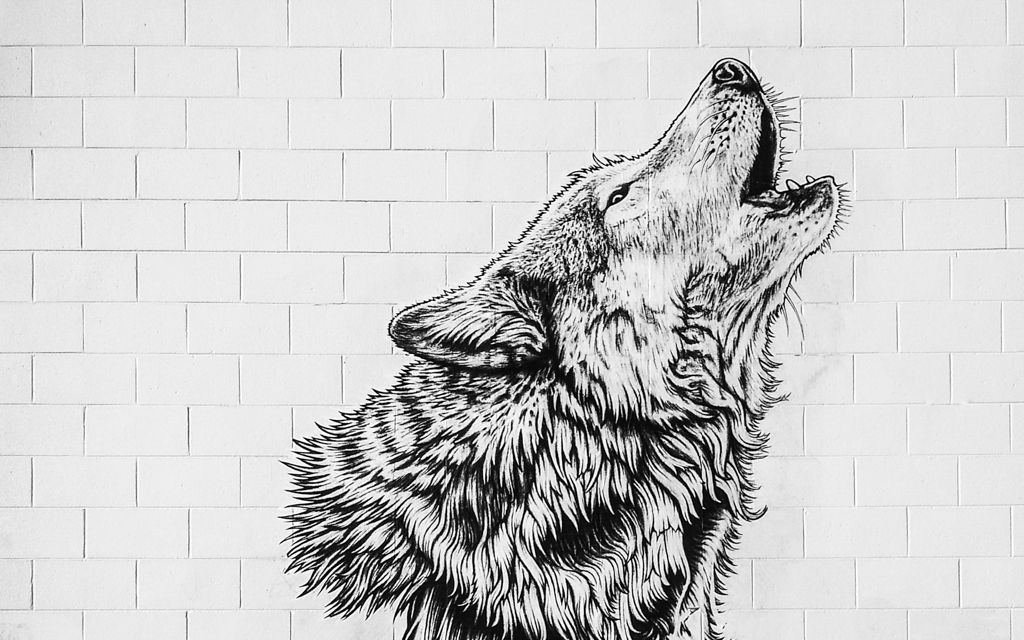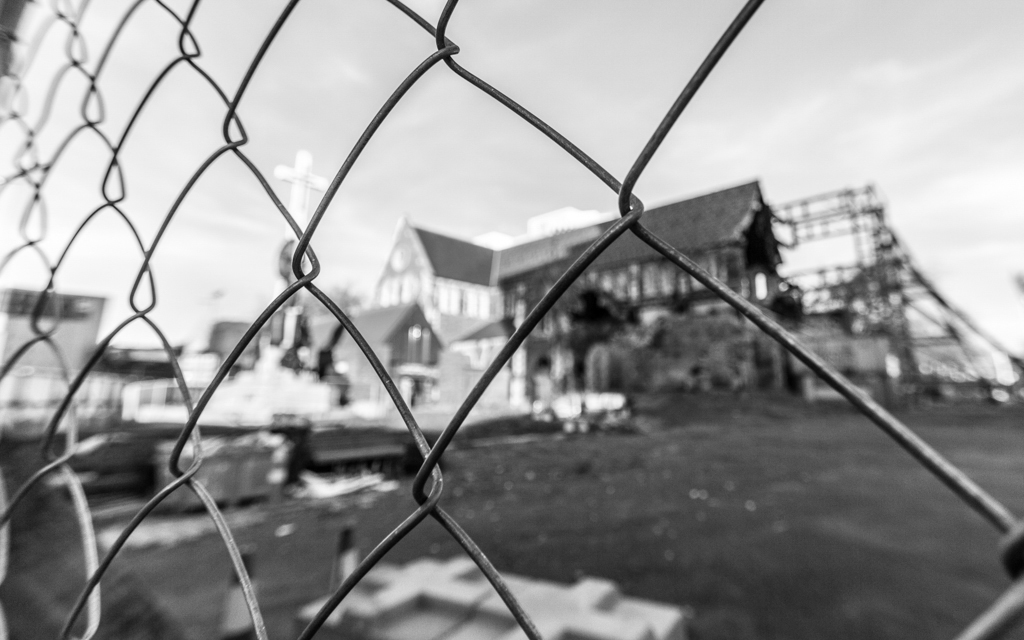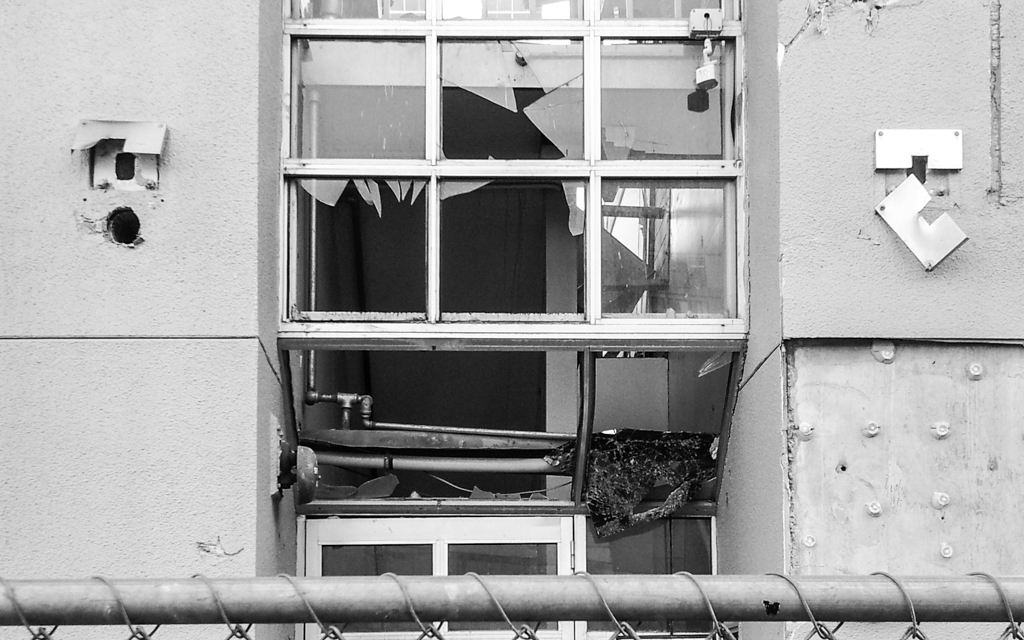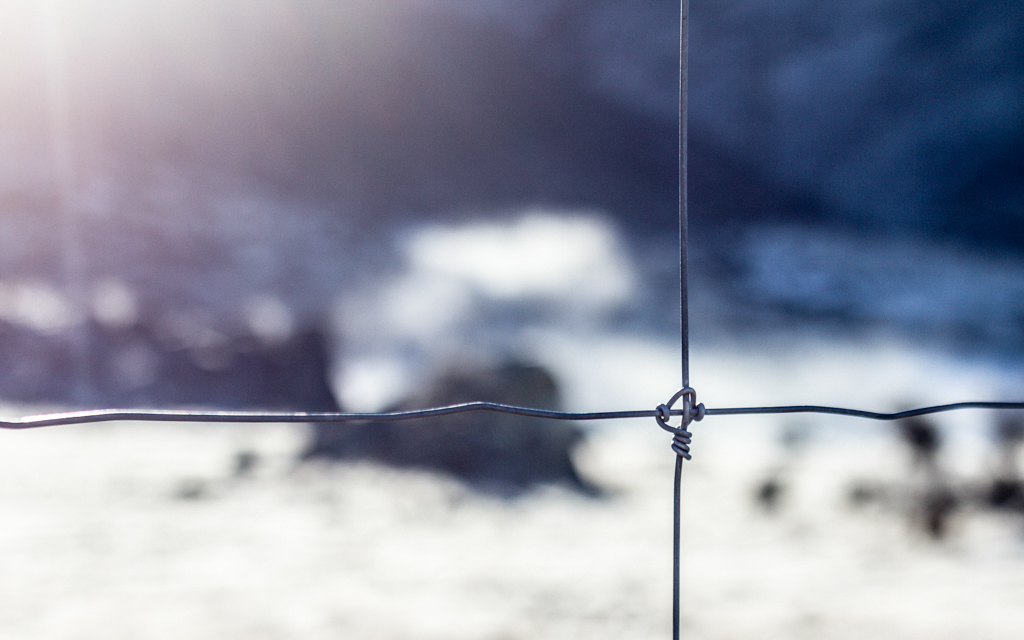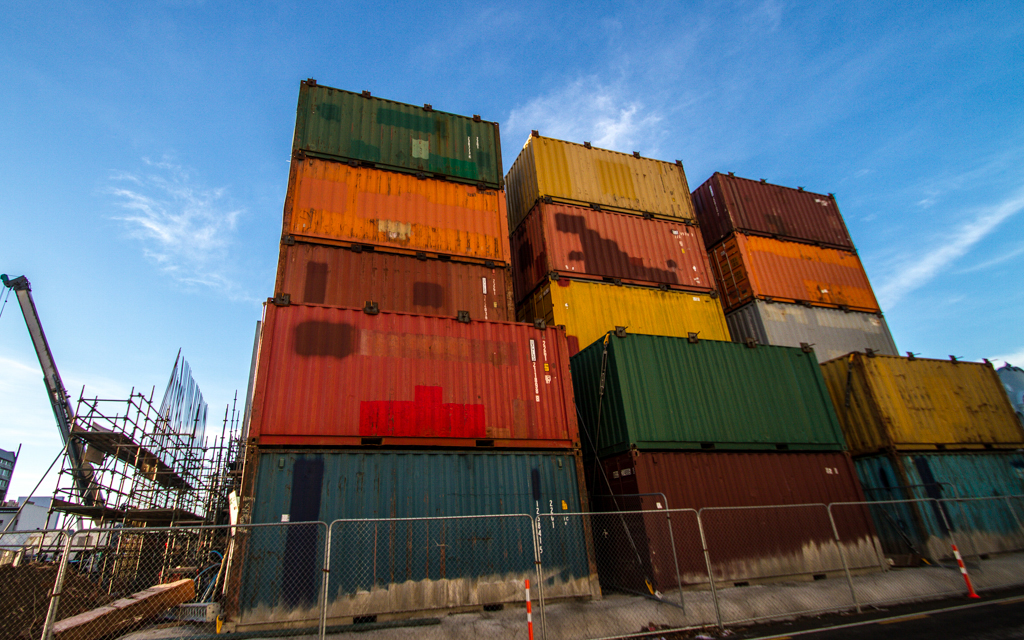Left Behind, Christchurch, New Zealand
From a distance, Christchurch appeared as a wave of twinkling lights. After two weeks of small towns and open roads, the unfolding chaos of an urban center was somewhat unsettling. Buildings materialized along the road, at first in small clusters then in parallel rows of side-by-side homes. It was late and the streets were dark, so dark that at first I failed to notice the streets were eerily empty and lined with broken concrete. Buildings stood gutted and hollow against the night sky; metal beams twisted in strange arrangements; shooting skyward at unnatural, tangled angles. I slowed as I passed a side road filled with the innards of some former structure, stripped steel and cracked glass. I worked my way through roadblocks and detours, and finally stumbled upon the remnants of the former YHA. It was still standing but deserted; it's windows shattered and bricks broken. My gps had led me to the pre-earthquake hostel location, to a cluster of buildings with letters of condemnation posted outside each door. A city so many people called home – my temporary refuge from the open expanse – a place as hollow as the open road.
I awoke the next morning to a scribbled sign posted in the YHA Rolleston restroom, “Sorry guys, no hot water until tomorrow.” By then, I had become so accustomed to living without showers, I barely cared that four days had passed since my last bath. I packed everything into one backpack and drove to Christchurch airport to surrender my rental car. It was July 18, day one of my genuine Kiwi backpack existence. In just two weeks, I had spent nearly $2,000 on my rental car, insurance and gas. Hard as it was to relinquish control and adhere to a plan and predetermined itinerary; it was better than breaking the bank.
I boarded the bus to Picton the next morning at exactly 7.25am. The sun rose later that time of year, and it had only just begun to smolder on the horizon. Fog hugged the curves of rolling green hills, and everyone on the bus seemed to be sleeping. I should have done the same, since I hadn't slept much at all the night before. I had finally fallen asleep sometime around 3am and then at 5.14am the whole room came to life. Suddenly we were all moving about, crinkling plastic and pulling sheets in the dark. Somehow, one guy managed to sleep through it all. The rest of us packed up, and went out into the night.
I tiptoed to the hostel kitchen and ate the last of my produce before beginning the awkward trek from Rolleston house to the intercity bus stop. The next twenty-seven minutes were exhausting as I made my way on foot through a series of streets and detours in the dark. I still hadn’t bothered to properly fit my 65L pack, having had the luxury of a car for the past two weeks. Now, as I walked, the weight pulled at my shoulders and tortured my back. I looked ridiculous, walking at an awkward pace with one backpack strapped to my back and another to my chest. It was then that I realized I had packed entirely too much. This was shocking to me, considering I had already abandoned precious belongings at every stop. Gloves, pants, shoes, things I had yet to discover, and most recently, my shampoo and conditioner. I had tried hopelessly to cram my ski jacket into my pack the night before, only to surrender it in defeat to a quiet Korean girl.
One thing traveling does for you - it creates an aversion to acquisition. The night before, a dorm mate offered me a treasure trove of traveling bits. A full bar of soap, packaged ear plugs (so essential), laundry detergent, a sewing kit, and other miscellaneous stuff I would think to buy while mulling over the details of some distant trip. I was grateful, but crushed as the evening pack routine forced me to part with all that she had gifted. When you live out of a backpack, you learn to let go. You learn that less really is more.

